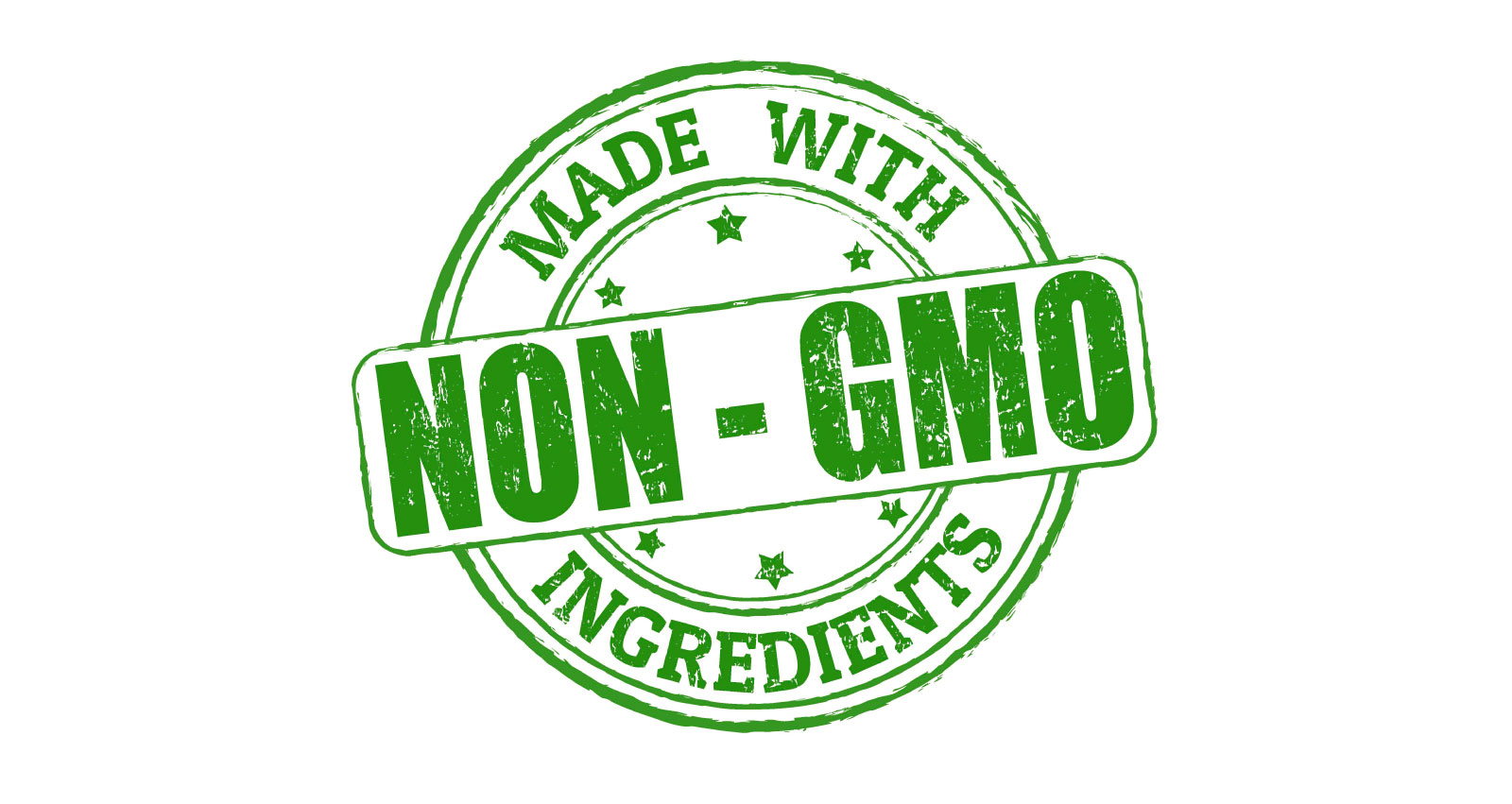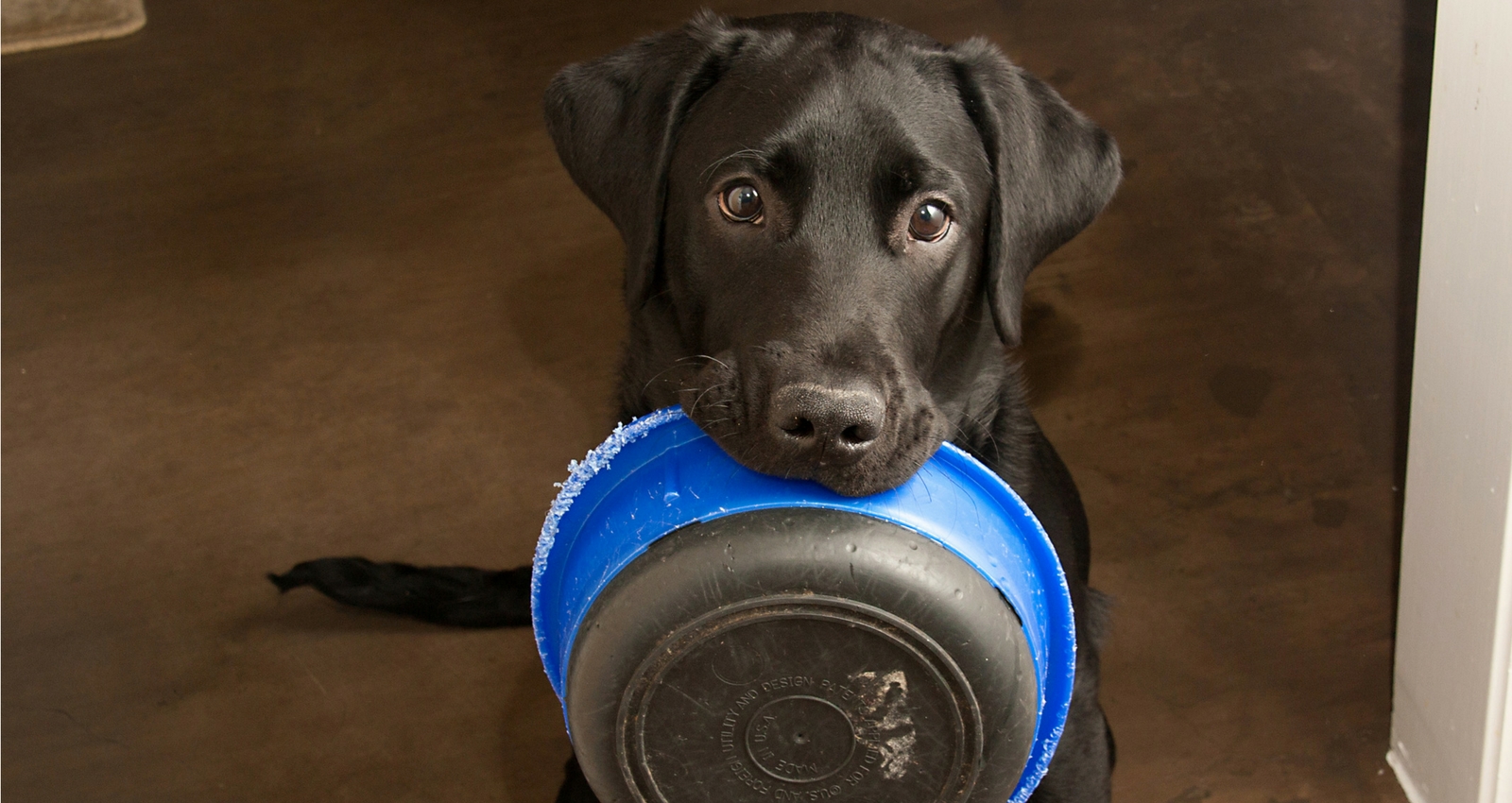How Diet Affects DNA –
A Quick Look At GMO & Its Effects on Health

Is your food killing you? Is your pet’s food harming his/her health?
These are bold questions for sure, but they are important to consider in this day and age where industrialization and mass consumerism have led to automated processes in the food industry that result in lower quality products and heavily modified produce.
How are these changes affecting you or your pets?
Protein is Protein, Right?
Wrong!
Conventional veterinary medicine does not consider the quality of food used in diets.
As long as the diet fulfills AAFCO’s (the pet food regulatory agency) minimum requirements for calories, protein, fat, and vitamins, it doesn’t seem to matter whether the protein comes from ground up animal skin, feathers, hooves, or urea. The prevailing attitude seems to be “protein is protein.” Check out this article for more information on AAFCO’s standards.
Unfortunately, this philosophy perpetuated by commercial animal feed companies is not healthy.
As I’ve said before, the quality of the food you feed is very important, and there’s a vast difference between a healthy cut of chuck roast and a mash-up of feathers, hooves, and other by-products in terms of nutritional value.
Depending upon a pet’s susceptibility, genetics, and age, heavily processed foods and lower quality ingredients containing heavy metals (arsenic), pesticides, antibiotics, and contaminants (i.e. melamine) contribute to many diseases such as skin problems, allergies, cancer, auto-immune diseases kidney failure, and premature aging.

The New Study of Food and Its Effects
As research continues in the study of foods, we have discovered that the typical American diet is currently responsible for and directly linked to the 5 major causes of death in people:
- Heart disease
- Obesity
- Diabetes
- Kidney failure
- Cancer
Because of this, a new field of study called nutrigenomics has emerged to specifically identify and observe how food (and drugs and chemicals) affects our DNA, the changes of which create diseases in the body.
World renowned veterinarian Dr. Jean Dodds is a leading expert on nutrigenomics in pets, and the importance of feeding “pure unadulterated foods.”
Nutrigenomics is an emerging science that studies the molecular relationships between nutrition and the response of our genes, to determine how even subtle genetic changes can affect human and animal health. An important aim of nutrigenomics involves identifying the markers of early phases of diet related diseases. – Dr. Jean Dodds
The Trouble With GMO
Recent research has discovered that what you eat can change your DNA, which is one of the reasons why genetically modified foods may be harmful to eat.
Different diets elicit different patterns of gene and protein expression and metabolite production. – Dr. Jean Dodds
This is true even for your pets, so it’s important to be aware of the quality of the ingredients within your pet’s food.
Here’s a little known fact:
Almost 70 percent of the typical food products purchased in grocery stores are genetically modified. I suggest avoiding soy, wheat, beet sugar, sugar cane, corn, tomatoes, potatoes, zucchini, yellow squash, rice, pineapple, salmon, and cacao, unless they are certified organic.
And many of these modified products are used in heavily processed foods like popcorn, canola oil, cotton seed oil, soy sauce, frozen pizzas, frozen dinners, dry cereals, baby formulas, canned soups, cookies, aspartame sweeteners, and ice cream. Yikes!

Long-term effects of genetically modified foods will be unknown for a while, but so far, there are reports of an increase in the amount of allergies, skin problems, diarrhea (colitis), sterility, and even death in animals.
The scary part of this story is that damaged genes can be passed on to offspring for at least three generations.
Of course, commercial pet foods not certified organic will have many of these same ingredients in the form of flours (to make the biscuits and dry food), sugars, fillers and other ingredients.
Although some dogs and cats will be fine eating these foods for awhile, optimal health will never be achieved.
Doing fine, and thriving are two vastly different things – don’t you deserve to thrive? Doesn’t your pet deserve the same?
Making Your Own Food is Always the Healthier Option
How can I be so bold to state this?
Because I’ve seen the results of dietary changes from a low-quality commercial diet to a diet comprised of fresh ingredients!
I’ve noticed that clients who feed their pets home-cooked meals have healthier animals that don’t seem to be affected by allergies, cancers, and other typical ailments brought on by poor quality diets.
After 40 years of feeding dogs and cats, and studying conventional and Traditional Eastern Medicine theories of nutrition, I’m convinced this is the better paradigm from which to approach the subject: “What is the best food to feed my pets?”
It’s Your Choice
Here’s the bottom line:
“Bad food choices can make your pets sick or lazy, give them cancer, or make them crazy, so feed wisely.”
Photo via vmabney
